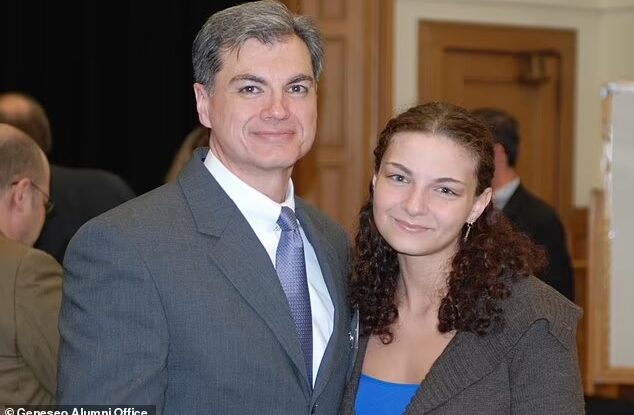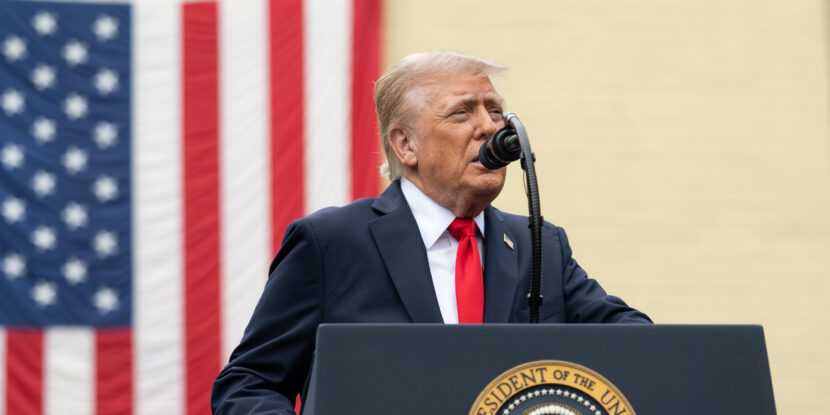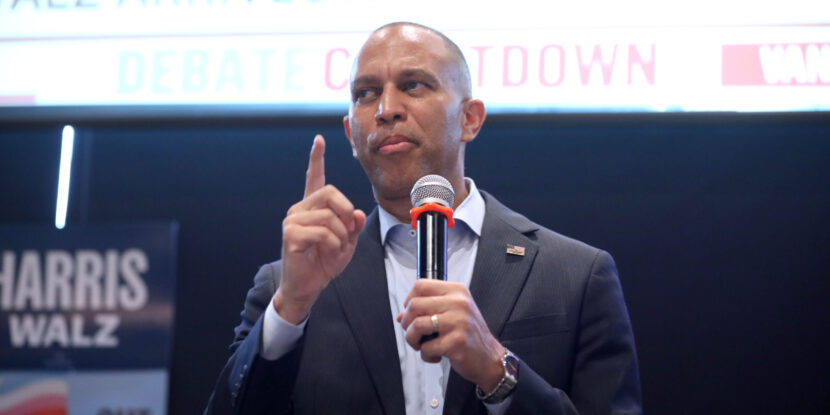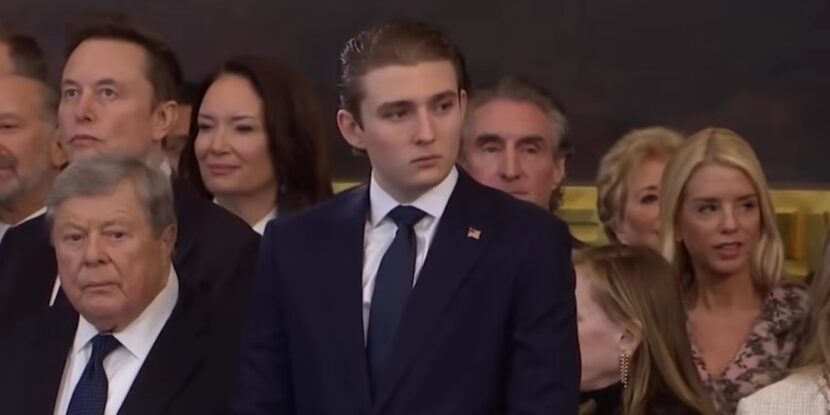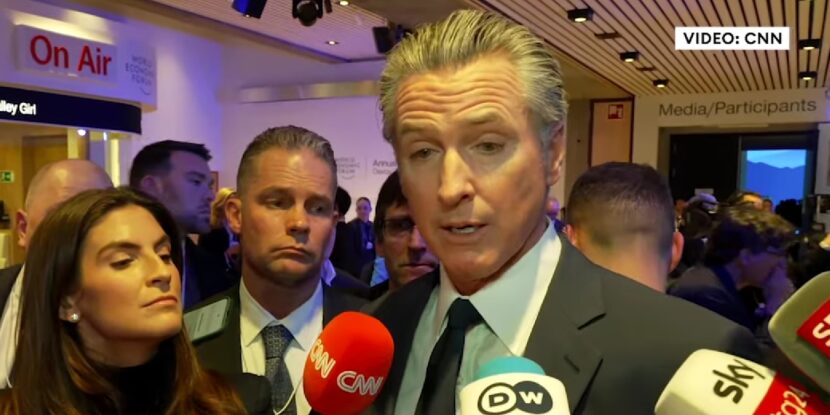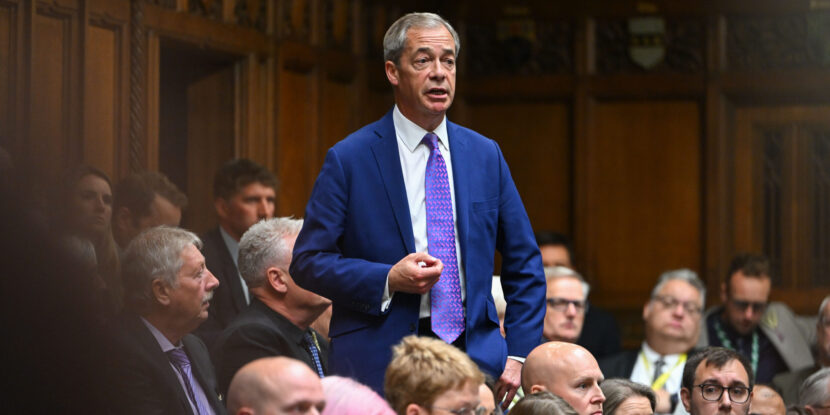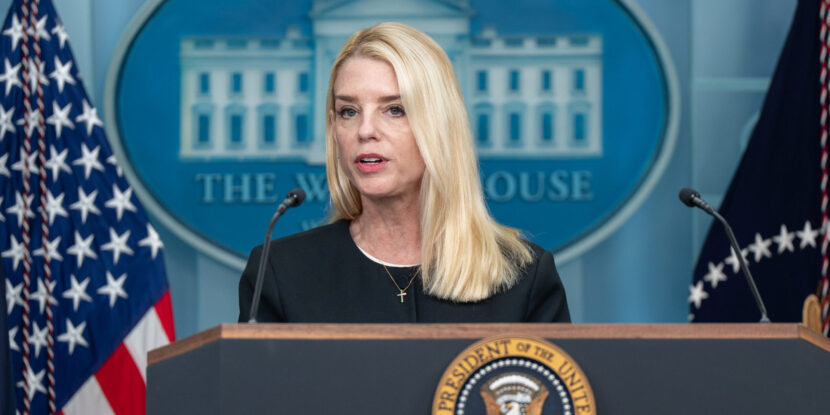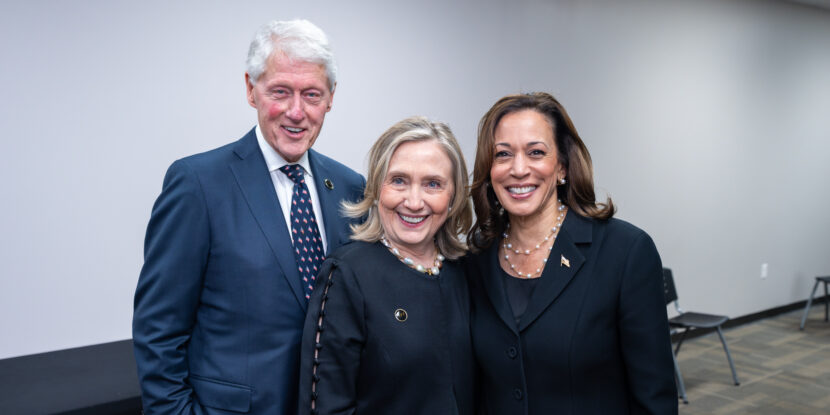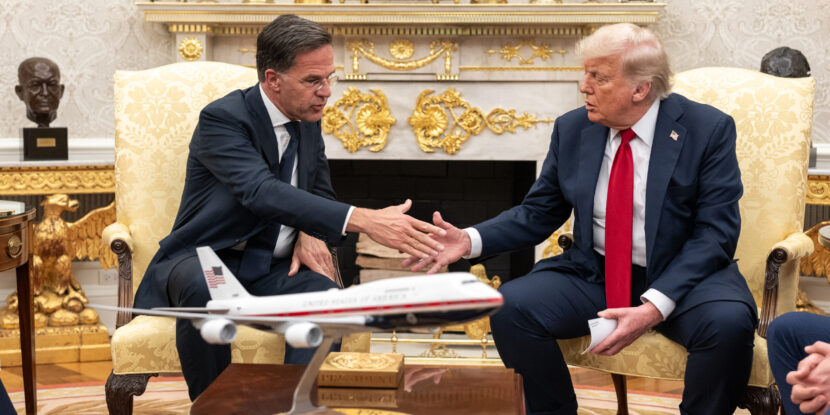In his instructions, Democrat-aligned Judge Juan Merchan told jurors that they do not have to agree unanimously on the underlying “predicate” crime to convict former President Donald J. Trump on 34 felony counts of falsifying business records. The judge specifically told jurors they could split evenly 4-4-4 on which crime underlies the charges.
In order to prosecute the former Republican President, Manhattan District Attorney Alvin Bragg needed to produce an underlying crime tied to the 34 counts, which had already surpassed the statute of limitations. In addition, the underlying “predicate” crime — which must be a felony — also enhances the falsifying records charges from standard misdemeanors to felonies.
Throughout the trial, the prosecution never directly laid out a case regarding the underlying crime — on which their entire prosecution depends. Ostensibly, the federal crime that Bragg‘s team points to is a campaign finance violation. However, Biden‘s Department of Justice (DOJ) never pursued the charge, and the Federal Election Commission (FEC) never fined Trump or his campaign for any violation regarding the payments allegedly made to Stormy Daniels through Michael Cohen.
Former Department of Justice Assistant Attorney General Jeff Clark argued on X (formerly Twitter) that Judge Merchan‘s instructions “[violate] fair notice. And it’s not remotely fair notice to tell a criminal defendant—the jury can pick and choose its own crime.” Additionally, Clark contended that Merchan’s instruction “violates jury unanimity. Judge Merchan needs to acquaint himself with Ramos v. Louisiana from the U.S. Supreme Court. Maybe he missed it, but it is four years old at this point.”
This violates every principle of the Due Process Clause and criminal process known to man. (Or of the Privileges & Immunities Clause according to Justice Thomas's view.)
1) Merchan's approach violates fair notice. And it's not remotely fair notice to tell a criminal defendant… https://t.co/TmitvCcE4C
— Jeff Clark (@JeffClarkUS) May 29, 2024
